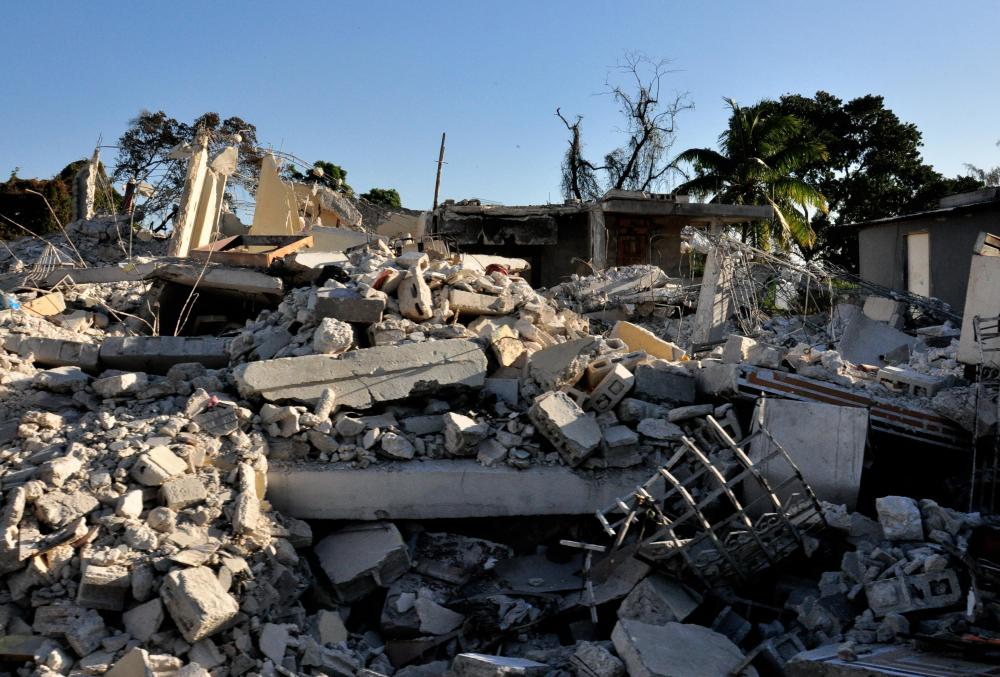At WiseGEEK, we're committed to delivering accurate, trustworthy information. Our expert-authored content is rigorously fact-checked and sourced from credible authorities. Discover how we uphold the highest standards in providing you with reliable knowledge.
What is Panic Buying?
Panic buying is the common way to describe the activity of mass purchasing goods as a result of anticipating a disaster or experiencing one. Real or perceived shortages and price increases are just two of the factors that may lead to the behavior. Many times, panic buying is a purchaser's attempt at self-preservation in the face of an uncertain or unstable future. Consumers will engage in the activity so that they have the means to protect themselves, their families and their property.
Natural disasters are often at the center of panic buying episodes. Hurricanes and blizzards for example, can motivate people in an affected area to buy as much water, food and emergency items as they can to survive the disaster. As a result, store shelves will be wiped clean and buyers will hoard goods in their homes while they wait for the natural disaster and its aftermath to pass.

Other events that may inspire panic buying are those that effect fuel and technology. Oil crises and protests have historically triggered consumers to purchase as much fuel as they could as a sort of "panic gas buying." Similarly, many consumers feared a vast technological breakdown while anticipating the year 2000 and bought large quantities of emergency supplies in case basic utilities were rendered non-functional. It goes without saying that food shortages have also resulted in a scrambling to purchase the remaining commodities.

While actual shortages and price rises may push consumers to buy in excess, simple rumors and fear can also lead to the same type of behavior. Rumors and fear can encourage a public to panic and this can result in a shortage of goods and supplies, even if there was no actual shortage at the onset. In this way, shortages can manifest simply because consumers believe them to be true and buy as many similar products as they can. The practice of panic buying goods can then end in a real shortage causing even more panic and a new, unmeetable demand for the scarce products.

To avoid the very real threat of shortages due to panic buying, would-be last-minute purchasers are advised to plan ahead. Purchasing what is needed to create a stockpile of necessary items throughout the year is a sound alternative to helping to deplete supplies during a disaster. Consumers can keep their needs in check by maintaining a list of indispensable items and making sure that their households contain a suitable quantity of them at all times.
AS FEATURED ON:
AS FEATURED ON:













Discuss this Article
Post your comments